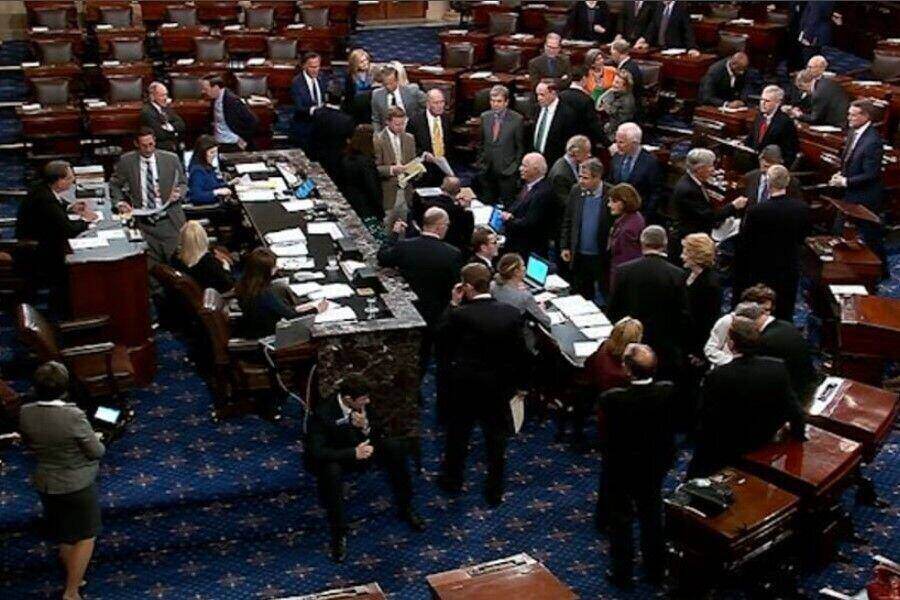Senate Democrats are working to codify President Joe Biden’s latest federal student loan forgiveness proposal and protect it against potential reversals by future administrations.
President Biden’s initiative, known as SAVE, has registered more than 7.7 million individuals since its launch in August. Similar to the current income-driven repayment (IDR) plan it replaces, SAVE offers an affordable monthly payment based on income and family size, culminating in the eventual discharge of any remaining balance.
Among those enrolled are 4.5 million borrowers whose monthly payment has been reduced to zero dollars, along with approximately 150,000 borrowers whose entire debt has been forgiven.
As the 2024 elections approach, Democrats are mobilizing to protect SAVE from possible reversal by upcoming administrations.
In December, Representative Dan Goldman (D-N.Y.) put forward the Codifying SAVE Plan Act, a one-page bill designed to uphold its namesake. The proposal now has a companion bill in the Senate, sponsored by a group of 14 Democrat senators.
“The SAVE plan is the most affordable student loan repayment plan in history and a lifeline for millions of borrowers—allowing them to live without the burden of exorbitant monthly payments hanging over their heads,” Sen. Kirsten Gillibrand (D-N.Y.) said in a statement on Tuesday.
“The Codifying SAVE Plan Act would ensure that the SAVE Plan remains in place and safeguards a much-needed path to federal student loan forgiveness,” he added.
The legislative push has garnered support from the country’s leading teachers’ unions, including the American Federation of Teachers (AFT) and the National Education Association (NEA).
“This bill has the AFT’s full support,” said AFT President Randi Weingarten.
“It would create the most affordable repayment options ever and would make a college degree more accessible, affordable and achievable—not a liability that makes life harder,” he added.
The NEA also issued a statement supporting the bill.
“NEA is proud to support the Codifying SAVE Plan Act to guarantee this plan is protected and available for every student,” said Marc Egan, NEA’s director of government relations.
The legislation is expected to gain approval in the Senate, where Democrats have a slim 51-49 majority. However, its prospects in the House of Representatives are uncertain.
Representative Virginia Foxx (R-N.C.), who chairs the House Education Committee, is one of the most vocal opponents of SAVE.
She has criticized it as a “desperate scheme” aimed at garnering support and securing votes before the upcoming election.
“Don’t be fooled by this administration’s so-called free college agenda,” she said.
“It means less money in the pockets of hardworking taxpayers, more debt, and a continuing decline of an already failing student loan system,” she concluded.
Called by U.S. Secretary of Education Miguel Cardona as the most generous repayment plan ever presented, SAVE has faced challenges since its launch.
Critics contend it’s merely another instance of overreach by the Biden administration in pursuing widespread student loan forgiveness, especially after the U.S. Supreme Court blocked the initial effort.
Share your thoughts by scrolling down to leave a comment.













